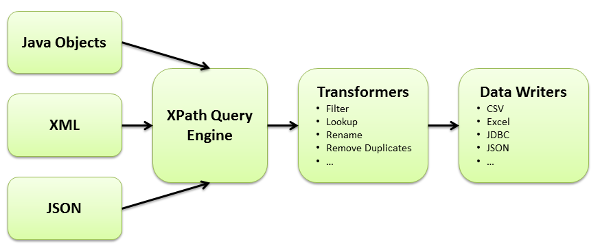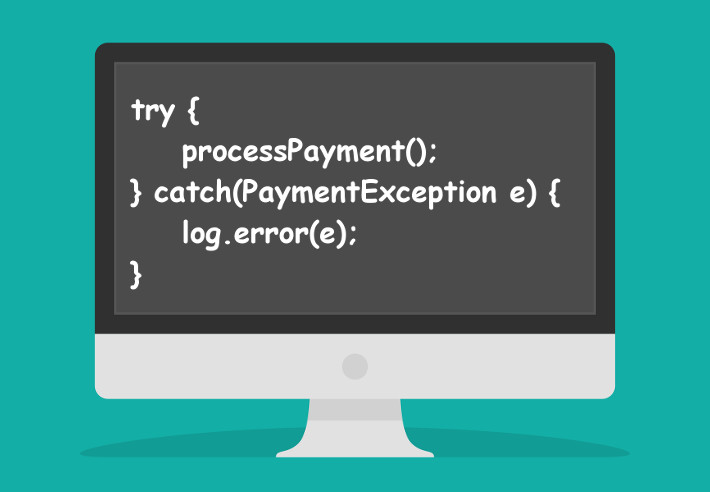We’re pleased to announce the release of version 3.0 of our Data Pipeline engine.
This release includes the new Sliding Window Aggregations feature to perform continuous SQL group-by operations on streaming data.
We’ve improved the performance of the XPath based readers (JsonReader, XmlReader, and JavaBeanReader), included new conveniences to reduce your code size, and added several new transformers and filters.
We’re also now offering a free 30-day trial for you to take the premium and enterprise features out for a test drive.


 This blog will demonstrate how to upload Excel and CSV files into a database while using Data Pipeline to handle the differences in format and structure of the individual files.
This blog will demonstrate how to upload Excel and CSV files into a database while using Data Pipeline to handle the differences in format and structure of the individual files. 